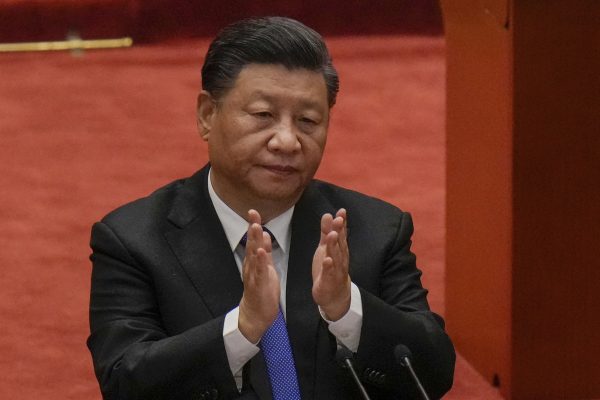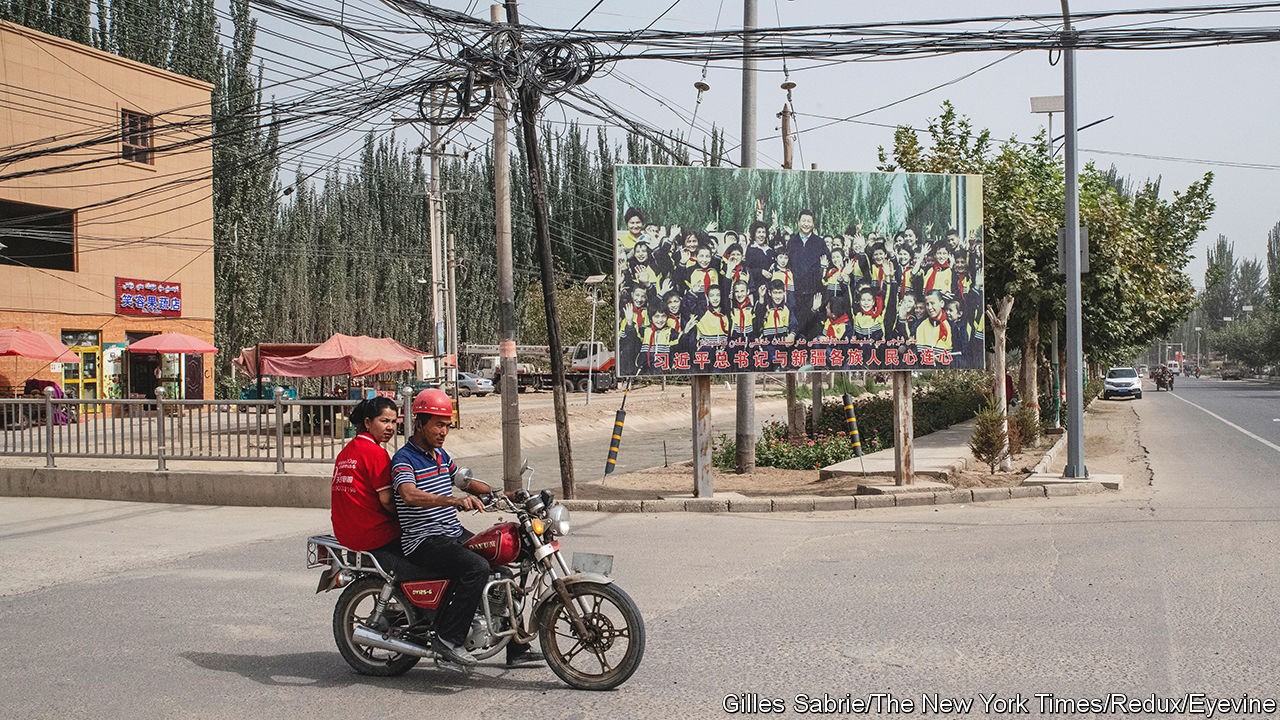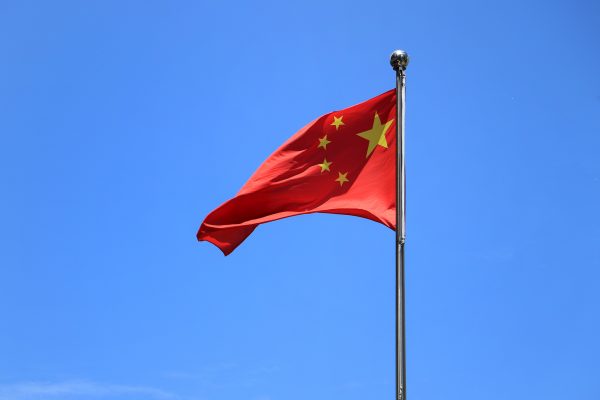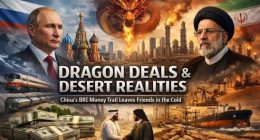The idiom “Make hay while the sun shines” holds true in case of China which is reaping huge economic benefits out of the Russia-Ukraine conflict. It won’t be an exaggeration to say that China has “profited from Russia’s misfortune”.
Chinese officials apparently view the Russia-Ukraine conflict in terms of economic opportunities for China created by the sanctions. Beijing was not keen to carry the burden of any financial cost emerging out of the Russia-Ukraine conflict and would not be extending any financial aid or too much RMB in currency-swap with Rouble. Any direct/indirect military support to Russia was also unlikely.
Former Chinese Central Bank advisers, speaking in an online seminar organised by the Renmin University, opined that China does not want to make ‘enemies’ over the Ukraine war while warning about the “underlying risks” facing the country’s foreign reserve assets. The US Commerce Secretary Gina Raimondo informed (May 17) that Chinese technology exports to Russia have significantly decreased after sanctions were imposed on Moscow, with exports of telecom network equipment falling by 98%. She called it a sign of Beijing’s wariness about violating the trade prohibitions.
Taking advantage of Russia’s inability to sell its products to other countries, Beijing is cashing on heavy discounts offered by Russia. Chinese customs data indicates that trade with Russia increased by 25.9% in January-April 2022 to US$ 51 billion, compared to the same period in 2021. Oil, natural gas, and coal account for about 70% of the value of goods imported by China from Russia. Bloomberg has reported (May 19) that China is in talks with Russia to buy additional supplies of crude oil to add to its strategic petroleum reserves. The report also noted that talks are being conducted at government level with little direct involvement from oil companies. Beijing appears to be strengthening energy ties with Moscow as the EU is working towards banning Russian energy imports. Additionally, the heavily discounted oil is too attractive an opportunity to pass up.
Reports also suggest that shipments of Russian metallurgical coal to China increased to nearly 49 per cent in April from a month earlier. According to data collected by Brussels-based commodity analytics firm ‘Kpler’, Russia has been diverting coal shipments eastward as European markets continue to close over the Ukraine war. Cargo-tracking data shows that China imported 1.37 million tonnes of Russian coking coal last month, up from 922,000 tonnes in March and 750,000 tonnes in April last year.
With European countries raising objections for the import of Chinese products that are transported through Russian territory, China has recently developed an alternate route for the supply of its products using road, rail and seaports. The new route, which connects Xi’an (China) with Germany, traverses through Kazakhstan, Caspian sea, Azerbaijan, Georgia, Black Sea before entering through ports into Romania and Bulgaria. Though the transportation cost is likely to be slightly higher in the short-term, China would use this new route for the continued supply of its products to the European markets till the Russia-Ukraine war persists. Yun Sun, a China analyst at the Stimson Center in Washington, in an article (May 16) in ‘Straits Times’, has opined that Russia-Ukraine war is helping China to deepen its relations with the Middle East countries. According to him, Beijing stands to gain from a growing convergence of views with key states in the Middle East and the opening of a power vacuum in the region. Incidentally, in all the UN resolutions on Ukraine, China and the Middle East countries have refrained from condemning Russian military action in Ukraine.
Meanwhile, the Foreign Ministers of G-7 countries reiterated their previous warnings to China against providing economic or military assistance to Russia. They urged China to abide by the sanctions imposed on Russia and “resolutely” put pressure on President Putin to stop the war against Ukraine. The statement issued after the G-7 meeting on May 14 advised China “to desist from engaging in information manipulation, disinformation and other means to legitimize Russia’s war of aggression”. However, commenting on the communiqué, a spokesperson for the Chinese Embassy in the UK stated, “China expresses strong dissatisfaction with and firm opposition to the words and actions of the G-7”.
The Russia-Ukraine conflict has added to the mounting challenges that the Chinese economy faces mainly through soaring global commodity prices and disrupted supply chains. Moreover, the frustration with Xi’s autocratic style is building in China. On May 11, the Wall Street Journal, citing people familiar with CCP discussions, reported that there is a growing perception that Xi Jinping’s entente with Putin had left China more isolated on the world stage than at any time in decades.









